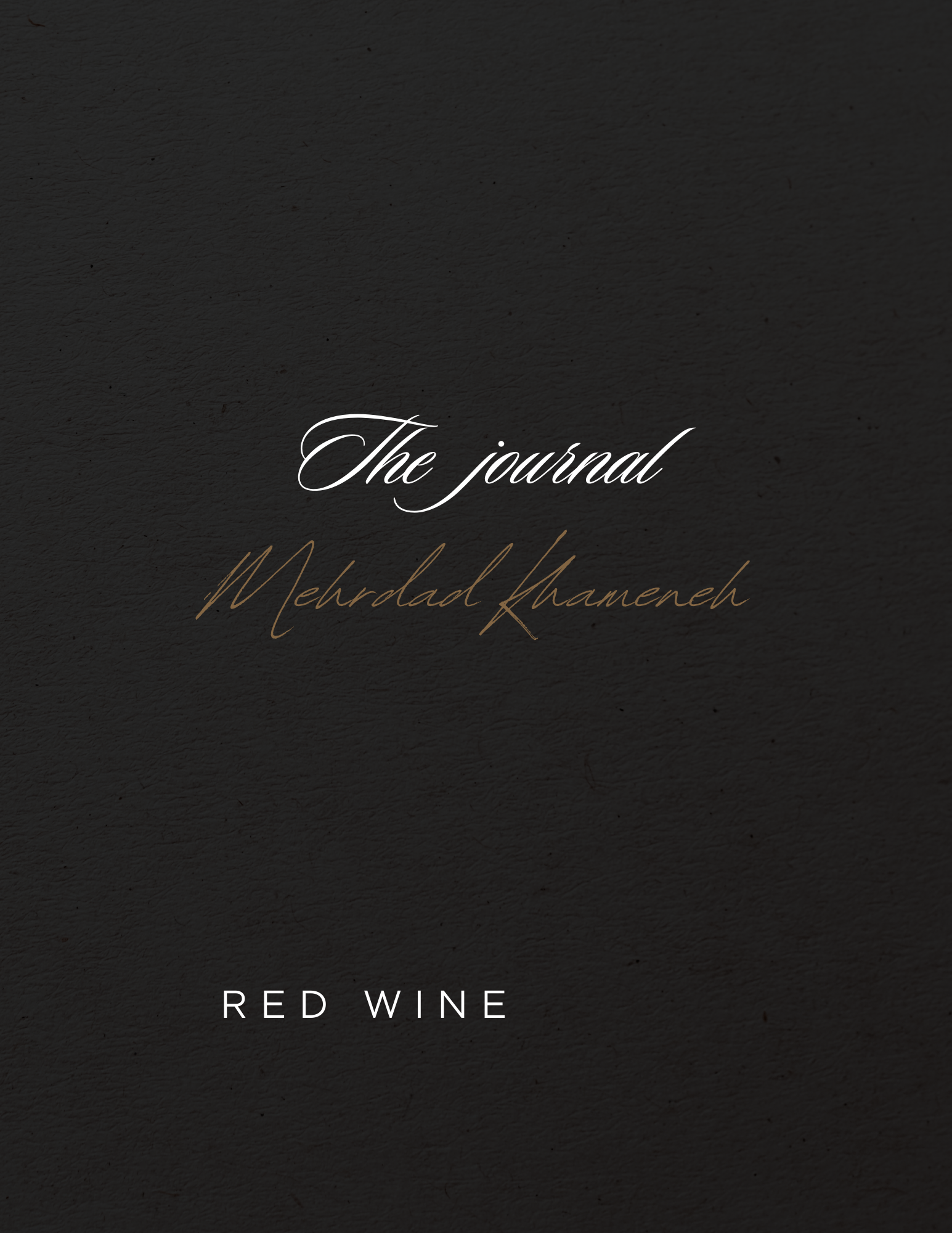Red Wine

Mohammad is a young man who runs a poultry shop. He was always polite. Every time we visited his shop, a neatly wrapped book sat on the counter, and if there were no customers, we’d find him lost in its pages.
It was Yalda night*. He was closing his shop early. We exchanged a few words, and he wished me a happy Yalda.I replied, “Till the dawn of Yalda night!”
He smiled and recited:"O Sayeh! The early risers worry for the sun,Let me unlock this prison of the Yalda night and escape!”**
He handed me the bag of chicken. I gave him my debit card and said:"Yalda without red wine is meaningless. Enjoy the night!”***
He chuckled and continued:"Drink wine, for the sheikh, Hafez, the mufti, and the judge—If you look closely, all are but hypocrites!”****Then he added, “It’s nothing, really. Be my guest!”I paid and left.
Around five in the evening, my phone rang. It was Mohammad.“Sir, can you step outside?”Curious, I went to the door.He handed me a bag and said, “Here’s your red wine. I made it myself.”Still in disbelief, I thanked him and asked, “How much?”He smiled and replied, “Just a Hafez reading. Enjoy your night!”
........................
* Yaldā Night is the longest and darkest night of the year. In Iran is a time when friends and family gather together to eat, drink and read poetry (especially Hafez) until well after midnight. Fruits and nuts are eaten and pomegranates and watermelons are particularly significant. The red colour in these fruits symbolizes the crimson hues of dawn and the glow of life. Shab-e Yalda was officially added to UNESCO Intangible Cultural Heritage Lists in December 2022.
** Amir Hushang Ebtehaj (25 February 1928 – 10 August 2022), also known by his pen name H. E. Sayeh (Shadow), was an Iranian poet of the 20th century, whose life and work spans many of Iran's political, cultural and literary upheavals.
*** According to the Islamic law of Iran, the sale and consumption of alcohol are strictly prohibited.
**** Hafez (1325–1390), was a Persian lyric poet whose collected works are regarded by many Iranians as one of the highest pinnacles of Persian literature.
